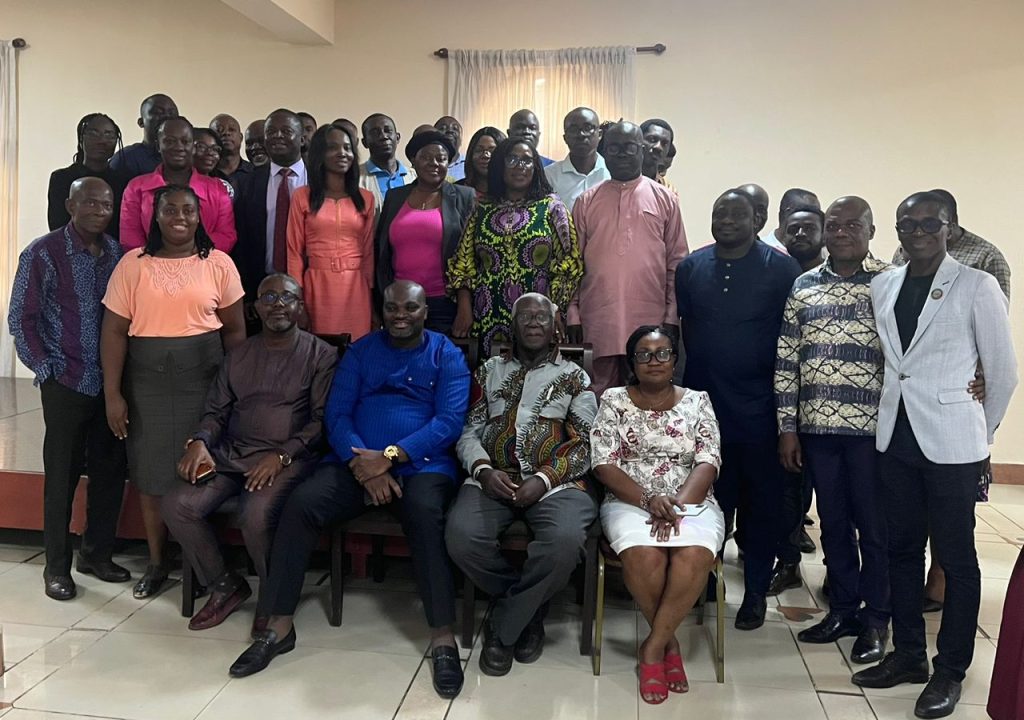By Albert Oppong-Ansah/Dorcas Stephens
Accra, Sept. 14, GNA – Ghana has begun the process of domesticating the 23 targets of the Kunming-Montreal Global Biodiversity Framework (GBF).
The 23 targets are being integrated into the country’s policies and programmes for implementation.
The GBF seeks to guide global initiatives to conserve, preserve, and protect nature and its essential services to humanity through the year 2030.
As part of the domestication process, Ghana will review the National Biodiversity Strategy and Action Plan (NBSAP), collect data, and integrate the targets into the activities of sector Ministries, Agencies, and Metropolitan, Municipal and District Assemblies (MMDAs).
The country will work closely with Civil Society Organisations (CSOs) and Research and Academia in that endeavour.
Dr Peter Dery, Director of Environment at the Ministry of Environment, Science, Technology and Innovation (MESTI) disclosed this at the inception meeting to kick start the process for reviewing the NBSAP.
The initiative is a component of the Early Action Support Project being funded by the Global Environmental Facility through the United Nations Environment Programme (UNEP).

Dr. Dery said that although human existence was heavily reliant on biodiversity, little had been done to protect it.
“Biodiversity is very important because without a wide range of animals, plants and microorganisms, we cannot have the healthy ecosystems that we rely on to provide us with the air we breathe and the food we eat,” he said.
Dr. Dery also said that, as a signatory to the Convention on Biological Diversity (CBD), Ghana is expected to carry out actions that will contribute to the global goal of living in harmony with nature rather than unsustainably exploiting nature’s resources.
Dr Daniel Ashie Kotey, Acting Director of the Council for Scientific and Industrial Research’s Plant Genetic Resources Research Institute, noted studies had shown that a quarter of the country’s ecosystem types were critically endangered.
He explained that human actions, including mineral exploitation, coupled with the effects of climate change, urbanization and invasive alien species, were some of the key drivers of biodiversity loss.
Dr. Kotey who is also the National Focal Point of the Nagoya Protocol on Access and Benefits Sharing, said modernity had paved the way for the destruction of biodiversity resources.
He explained that sites and water bodies deemed sacred in the past had been dissipated.
Dr Kotey called on authorities to show political commitment towards ensuring that regulations were enforced to ensure sustainable use of resources to protect nature for posterity.
“Often, our leaders are unable to enforce the laws due to public outcry of drastic measures like demolition of structures on water ways for instance. This results in flooding that ends up destroying properties and at times leading to loss of life of the same people,” he said.
Dr. Kotey suggested the creation of an award scheme to motivate those who protect the environment.
Mrs Emelyne Wright-Hanson, a Principal Development Planning Officer at the Environment Directorate of MESTI said working groups would be set up as part of the project implementation to review the NBSAP.
She called on stakeholders to support the cause to ensure the uptake of interventions that will help Ghana achieve the set targets.
GNA